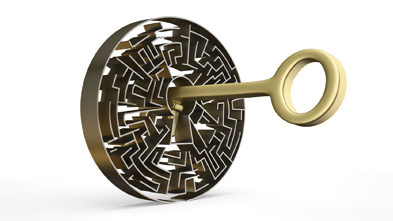
FAQs about psychogenic nonepileptic seizures (PNES)
What are psychogenic nonepileptic seizures (PNES)?
Psychogenic nonepileptic seizures (PNES) are sudden, involuntary and usually short changes in behavior, movement, sensation and/or consciousness, that represent a reflex-like response to physical and/or emotional distress that the brain is detecting.
You may or may not be aware of the distressing factors that can be associated with PNES. The brain automatically uses physical symptoms (e.g., PNES or other functional neurological symptoms) as a way to involuntarily channel the expression of distress or discomfort.
These automatic brain responses may develop due to:
-an accumulation of stressful factors or troubling experiences over time and/or
-patterns of learned behaviors over time and/or
-the way your brain tends to respond to challenging thoughts or emotions.
People do NOT always feel distressed or upset right before a PNES episode. They may not even recall any major distress months or years before the onset of PNES. In those cases, it is possible that PNES develop due to some of the following reasons:
- difficulty recognizing that one is under stress;
- denial of distress (recent or remote);
- speedy dissociation (detachment from physical and emotional experiences) eliminating a subjective warning phase;
- having learned over time to associate emotion fluctuation / arousal fluctuation as threatening, and therefore the brain automatically engages in dissociation and/or PNES.
In other words, PNES is a response to stimuli not entering conscious awareness (in the same way as one may step out of the way of a puddle while walking on a sidewalk and talking to someone without ever becoming aware of the puddle).